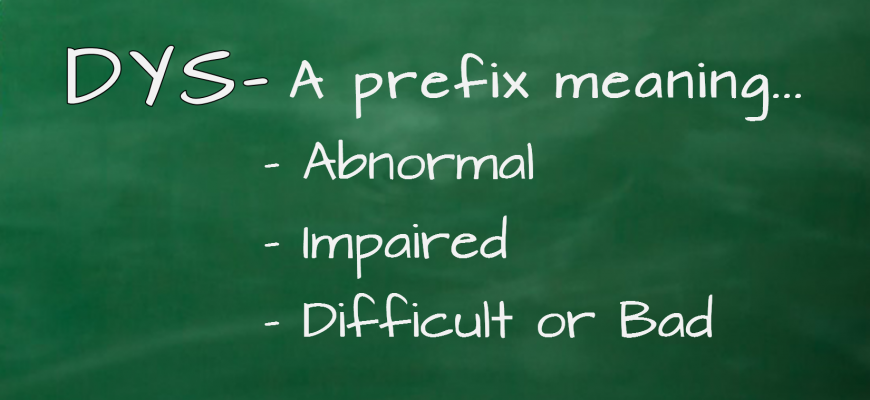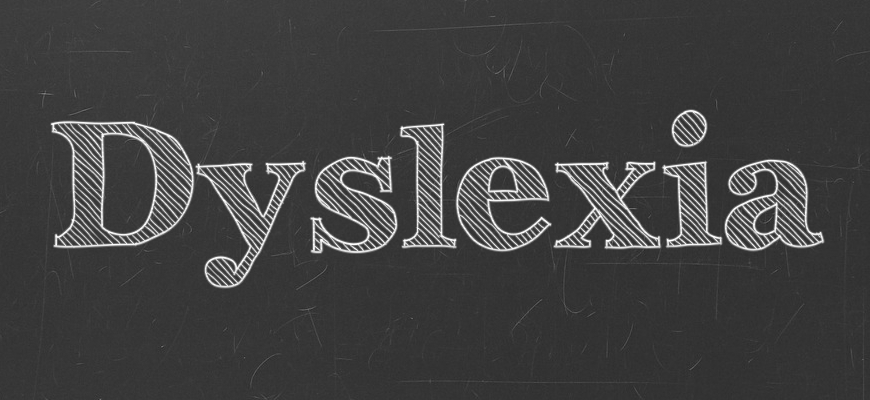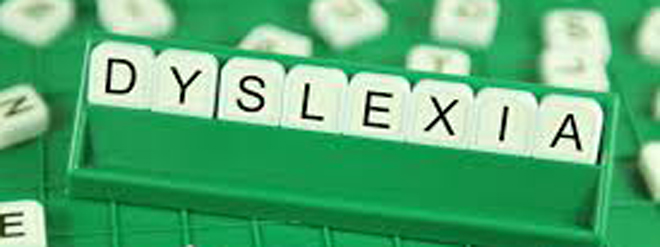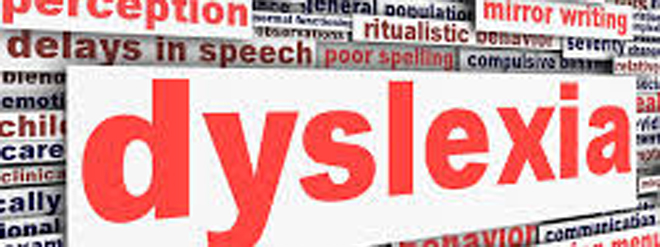When specialists start to throw terms at us that we don’t understand, it adds to our stress. Not only do we have a child or student who is struggling to learn at school, now we have a whole series of new terms to decipher and remember. Below are six terms...
Continue reading...
Is it the American based International Dyslexia Association (IDA), the London based British Dyslexia Association (BDA), visual processing specialists, educational psychologists, optometrists, neurologists or educators? Does one organisation, country or state have the right to ownership of the term? In general, the word dyslexia means; ‘dys’ a difficulty and ‘lexia’...
Continue reading...
The Difference is Personal The degree of difficulty a dyslexic person has with reading, spelling, and/or speaking varies from person to person apparently due to inherited differences in brain development, as well as the type of teaching the person receives. The brain is normal, often very “intelligent,” but with strengths...
Continue reading...
What is dyslexia? Dyslexia is a language-based learning disability. Dyslexia refers to a cluster of symptoms, which result in people having difficulties with specific language skills, particularly reading. Students with dyslexia usually experience difficulties with other language skills such as spelling, writing, and pronouncing words. Dyslexia affects individuals throughout their...
Continue reading...
DEFINITION OF DYSLEXIA Dyslexia is a specific learning disability that is neurological in origin. It is characterized by difficulties with accurate and/or fluent word recognition and by poor spelling and decoding abilities. These difficulties typically result from a deficit in the phonological component of language that is often unexpected in...
Continue reading...
Reference
Dr.
Sally
Shaywitz,
Author
of
‘ Overcoming
Dyslexia’ Developmental dyslexia is an unexpected difficulty in reading. Unexpected refers to children and adults who appear to have all the factors necessary to become good readers: intelligence, motivation, and exposure to reasonable reading instruction – and yet struggle to read. Here, for ease of communication. We...
Continue reading...
This article was provided courtesy of Prof. John Stein and the Dyslexia Research Trust Do I have Dyslexia? About Dyslexia What are the symptoms of Dyslexia? Difficulty learning to read despite normal intelligence, adequate teaching, and parental support. Family history of similar problems. Commoner in males. Childhood ‘milestones’ (crawling, walking,...
Continue reading...


























